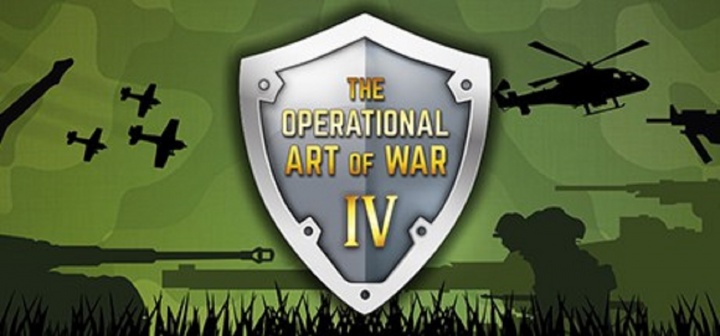

We are curanderas and curators, tricksters and translators. We are the metabolizers of grief, the witnesses of ecstatic joy. We are called because of our innate ability to respond - the human and artistic abilities we have forged- and which have forged us - through the excruciating crucible of human experience. We are called this responsibility beyond our rage, beyond the need for things to change.

We are called to create the next response. With every breath, every brushstroke, every word, every note - we cast a vote for the future we want to create. The work of the artist and citizen is one: to model - to practice - in our smallest, everyday actions, the world we long to live in. Forgiveness is when the heart sings a new future into being. We make ourselves accountable to the possibility of expressing the unspoken beauty that lies within us. Writers, weavers, painters, dancers, musicians - we, like some willing Prometheus, submit ourselves to a daily practice of failure. We understand that we will always be humbled by the crafts which seem to have chosen us. Forgiveness is the end of letting pain be the only author of our story.Īrtists understand forgiveness, because we understand failure. Forgiveness is the impossible, audacious choice to take our identity from more than what was done to us, or what we did to others. Yet, indigenous cultures teach us, in the practices of restorative and transformative justice, that forgiveness does not mean forgetting.

How can we forgive the wounds of the past as they bleed into the present? How can we forgive eight minutes and forty six seconds - a knee crushing the life-breath from George Floyd as he cried out for his mother? How can we forgive the dream of our nation built on genocide, built by stolen people on stolen land? Yet 700 years later, the American experiment and forgiveness don’t really seem to be getting along. The words of the poem “When the Violin” were written in the 14th century, by the Persian, Sufi mystic Khwāja Shams-ud-Dīn Muḥammad Ḥāfeẓ-e Shīrāzī - commonly known in the west as Hafiz.


 0 kommentar(er)
0 kommentar(er)
